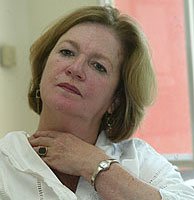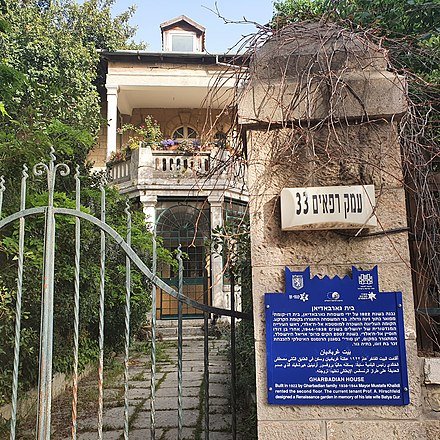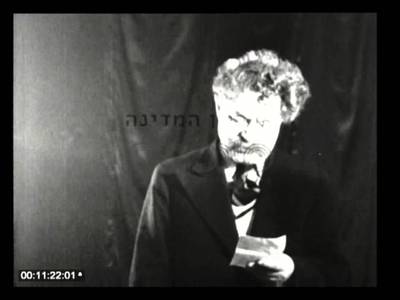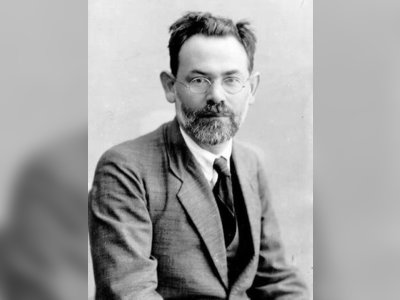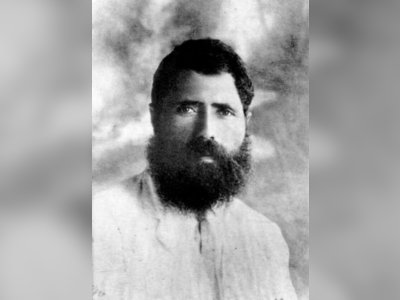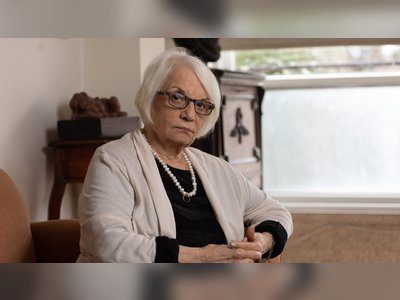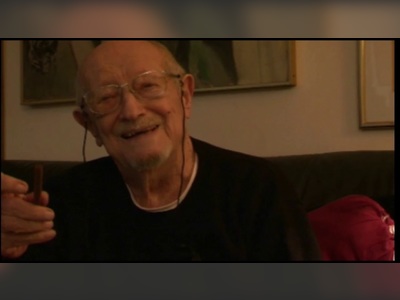Batya Gur: An Israeli Literary Luminary
Batya Gur (September 1, 1947 – May 19, 2005) was a prominent Israeli author and literary critic, best known for her detective novels. Her literary works enjoyed widespread success in Israel and internationally, earning her the moniker of the "Israeli Agatha Christie." Gur's contribution to the world of Israeli literature was groundbreaking, particularly in the realm of detective fiction.
Born as Batya in Tel Aviv, she earned a master's degree in comparative literature from the Hebrew University. She married psychologist Amos Gur and had three children. Later in life, she divorced Gur and spent her final years living with literary critic Ariel Hirschfeld. Gur spent some years in the United States before living for a period in Ofakim and ultimately settling in Jerusalem.
Before turning to writing, she taught literature at the Viar School and the high school near the university. Additionally, she taught writing at the Sam Spiegel Film School and the Open University. She also served as a literary critic and columnist for the newspaper Haaretz.
In 1988, Gur embarked on writing the "Michael Ohayon" series, which introduced the literary world to the character of Michael Ohayon, an intelligent, nuanced detective. The first book in the series, "Murder on a Sunday Morning," which delved into the interpretation of a murder that occurred at the Jerusalem Psychoanalytic Institute, received immense acclaim from Israeli audiences.
The series eventually included five more books, and the character of Ohayon was adapted for Israeli television, with Arnon Zadok playing the lead role. In each book of the series, Michael Ohayon navigates a closed society with its unique social and cultural codes, employing his thorough approach and understanding of the human psyche to solve the mysteries.
Gur's choice of the detective genre to tell her stories was a deliberate one. In her novels, the detective plot serves as a means to explore closed social groups and their unique social and cultural dynamics. In "Murder on a Sunday Morning," for instance, the closed world of psychoanalysts is unveiled when a murder involving a psychoanalyst occurs.
Ohayon immerses himself in this world, attempting to uncover the motives behind the murder. In her next novel, "Murder in the Lit.," Gur provides an in-depth portrayal of the dynamics within the literary community at the Hebrew University on Mount Scopus. In other books, Gur examines the world of musicians, kibbutz members, and other diverse groups.
In 1990, Batya Gur published an essay collection titled "On the Left Side of the Hunger Highway." She also wrote novels, including "Not As You Imagine" (1994) and a young adult novel titled "Spy Inside the House." Her novel "Stone Under Stone" was written in response to the death of soldier Amir Melatt in the "Net Curtain" disaster. Her works were translated into various languages, including English, German, French, Italian, Japanese, Dutch, Danish, and Spanish.
Batya Gur was not only a successful and well-known author but also a literature teacher and book critic. She emphasized the significance of the literary text as a standalone entity and regarded the author's biography as secondary to the work itself. However, she acknowledged that Michael Ohayon, the police detective who is the central character in her works, was, in many ways, a concealed embodiment of her own personality and how she saw herself.
While born in Tel Aviv, Batya Gur spent the majority of her life in Jerusalem. Her books skillfully depicted the daily life and diverse tensions of the capital city, capturing its various groups and conflicts. Gur identified herself as socially and politically sensitive, leaning towards the left side of the political spectrum.
In September 2003, she was investigated by the police on suspicion of calling Border Police officers in Jerusalem "Nazis and flowers" for their treatment of an elderly Palestinian man. Gur denied calling them Nazis but stated that she saw them as "brutalizing," as described by the elderly man, and couldn't remain silent about it.
Batya Gur discovered she had lung cancer a year before her passing. She battled the disease while continuing her work. In an interview, she said, "I view life as a journey towards death. A person will live, suffer, and die. Everything else is a kindness - love is a kindness, and writing is a kindness."
Batya Gur was laid to rest on the Mount of Olives in Jerusalem, leaving behind a legacy of exceptional literature that transcends genres and provides insights into the complex tapestry of Israeli society and human nature itself.
- בתיה גורhe.wikipedia.org
